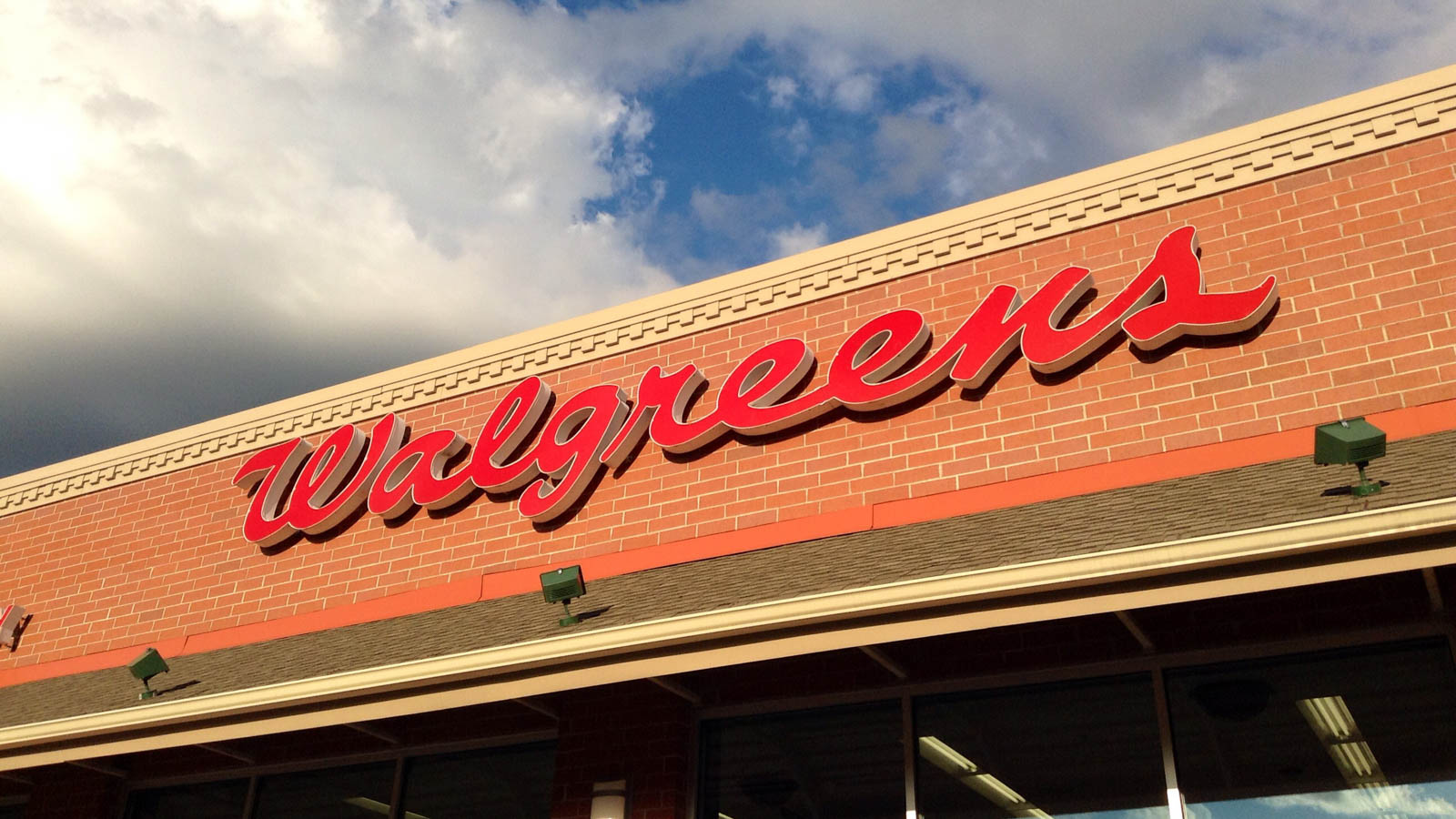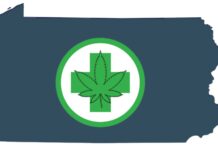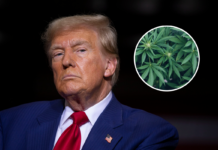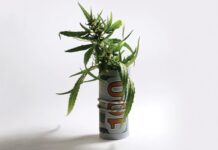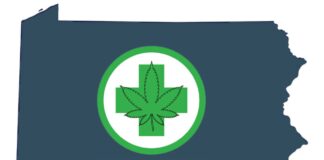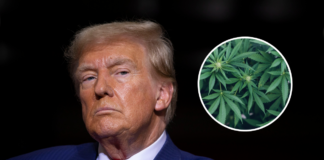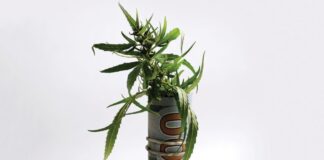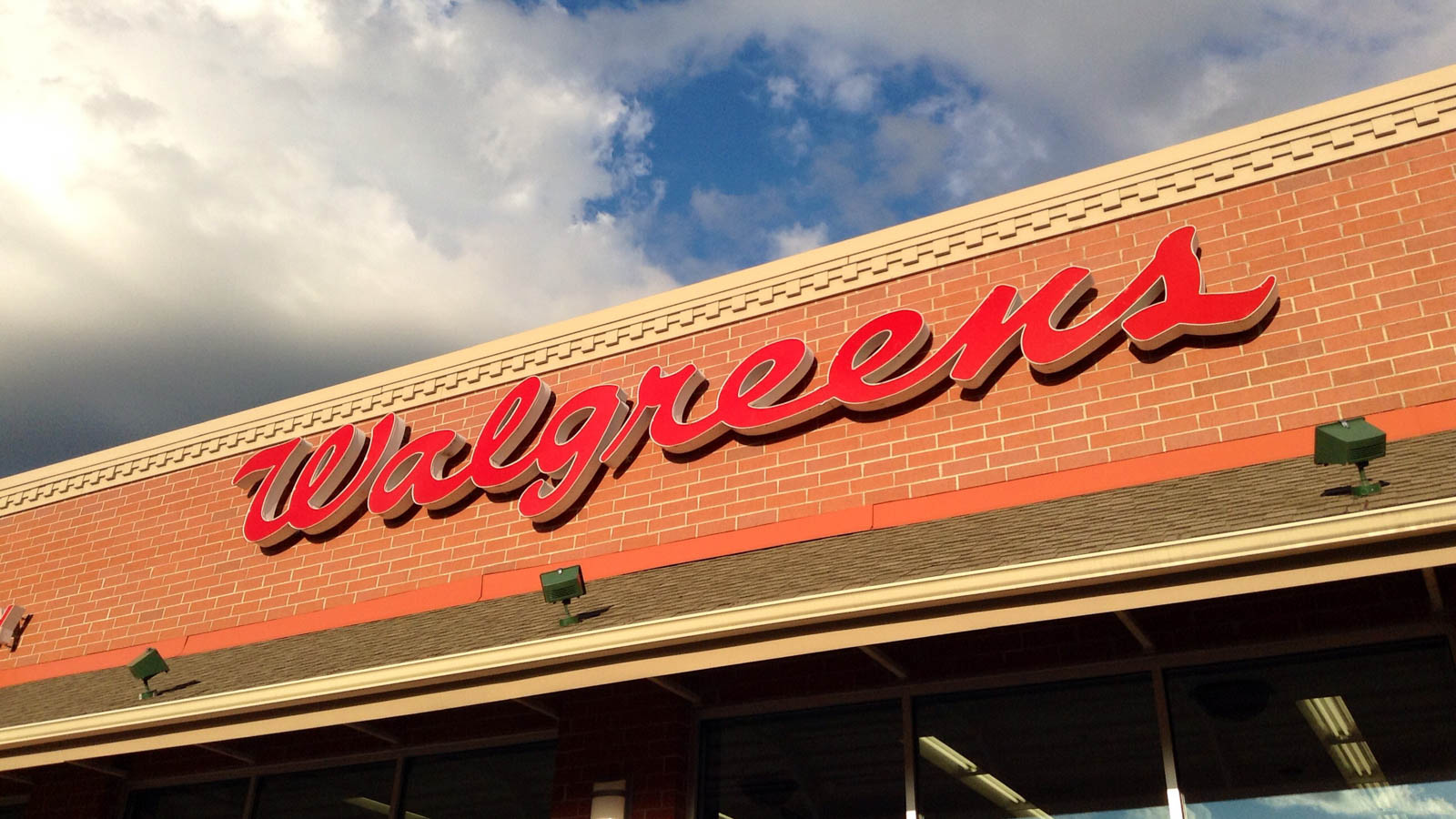
Walgreens is climbing aboard the cannabidiol (CBD) hype train, as the drug retailer told CNBC on March 28, 2019, that it will begin selling a variety of CBD products in nearly 1,500 stores across nine different states.
The CBD products will initially be available in Oregon, Colorado, New Mexico, Kentucky, Tennessee, Vermont, South Carolina, Illinois, and Indiana. The company has yet to reveal the particular brands that it will carry, but stated that CBD creams, patches, and sprays will be among the products available in these select stores.
This is just the latest link in the drugstore convenience chain, as the decision came just days after CVS announced that it would be stocking shelves with topical CBD creams and salves in hundreds of locations.
“This product offering is in line with our efforts to provide a wider range of accessible health and wellbeing products and services to best meet the needs and preferences of our customers,” a Walgreens spokesman told CNBC.
Drugstore Chains Bring CBD Products Into the Fold
Although CBD is a completely non-intoxicating derivative of hemp — and hemp is no longer considered as a controlled substance under federal law, many states have continued to crack down on CBD-based products. For instance, businesses in North Carolina were recently issued warning letters asking them to stop selling CBD products. Health authorities in New York and Ohio have been less forthcoming, showing up unannounced at various shops and forcing business owners to stop selling their stock of CBD-infused goods.
Despite this, the market for this increasingly popular marijuana compound reached nearly $2 billion in 2018, and is expected to reach $16 billion by 2025, according to a report by equity analysts at New York-based investment bank Cowen.
CBD is being utilized for a plethora of health and wellness purposes, such as pain relief and anti-inflammation. The cannabis-derived compound is also popping in an array of beauty and skin-care products, while CBD-based oils and tinctures also remain popular for their perceived therapeutic value.
— Tyler Koslow


